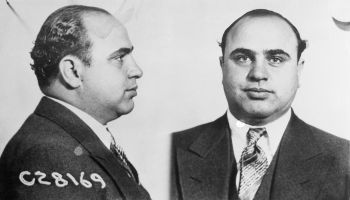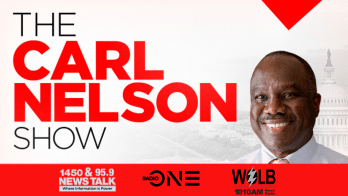VIA CBS NEWS:
From time to time, Condoleezza Rice, Colin Powell, and Clarence Thomas have naturally talked about growing up African-American under far less tolerant conditions than those we take for granted today. Yet their biggest contributions to American race relations have been their admirable abilities to transcend such racial intolerance – to make being black incidental, not essential, at least in public, to their sterling characters and impressive achievements.
They all paid a price for emphasizing individuality rather than adhering to identity politics. Those on the left often criticized them as somehow inauthentic, or not fully representative of the “real” black experience. Indeed, one of weirdest paradoxes of contemporary culture has been the tendency of wealthy white liberals to adjudicate who really speaks for the so-called African-American community – based on an authenticity that is often, in ironic fashion, based on the degree of perceived hostility to whites themselves.
Then came Barack Obama, and the nation as a whole entered an even stranger racial landscape. Unlike Powell, Rice, or Thomas, Obama was not born into, but rather piggy-backed onto, the African-American experience. He came of age well after the South’s oppressive Jim Crow culture began to wane. He grew up in a multiracial Hawaii that was always somewhat more relaxed, and was exempt from the tensions inside the continental United States. Obama was of half-white ancestry, and raised by white grandparents. Finally, Obama’s father was a Kenyan national and Muslim, not a descendant of American slaves, and so he lacked an African-American pedigree altogether. In other words, as Obama himself often insisted, our new president was in a way reminiscent of Tiger Woods: postracial – black, white, a little bit of everything, but beyond divisive self-identification with any one particular group or tribe.
Yet somehow one Barry Dunham/Obama – after Occidental, Columbia, Harvard, Chicago organizing, and the Reverend Wright’s Trinity Church – morphed into an authentic voice of the African-American collective experience. The rest is history. A black politician who once struggled to establish African-American credentials has now become our collective arbiter of race in a way former African-American national figures could hardly imagine.
- Tunisia: Entertainment, Food, Languages, Places To Visit + More
- Libya: Entertainment, Food, Languages, Places To Visit + More
- Sudan: Entertainment, Food, Languages, Places To Visit + More
- South Sudan: Entertainment, Food, Languages, Places To Visit + More
- Egypt: Entertainment, Food, Languages, Places To Visit + More














